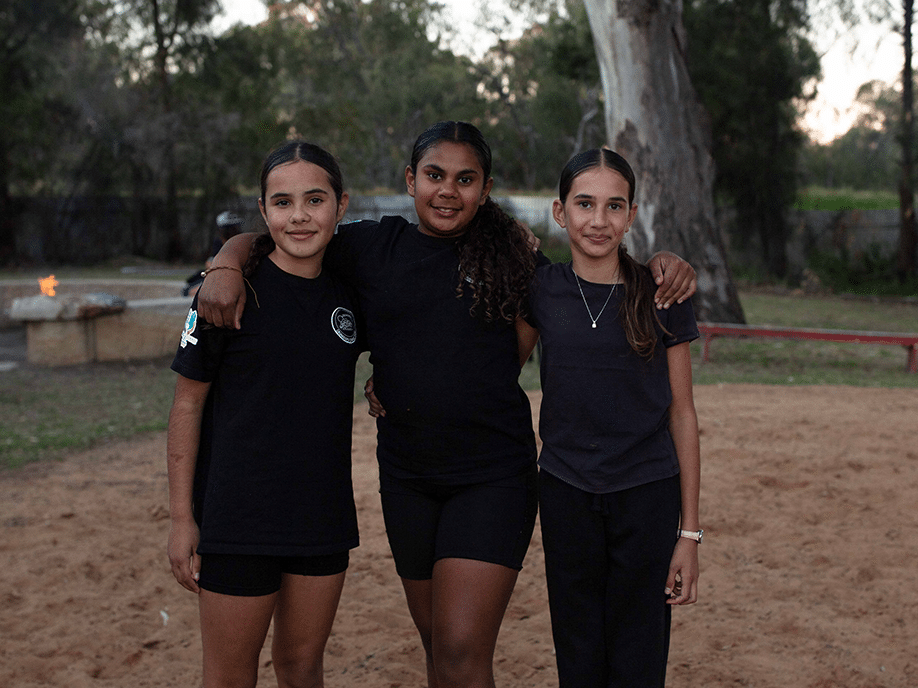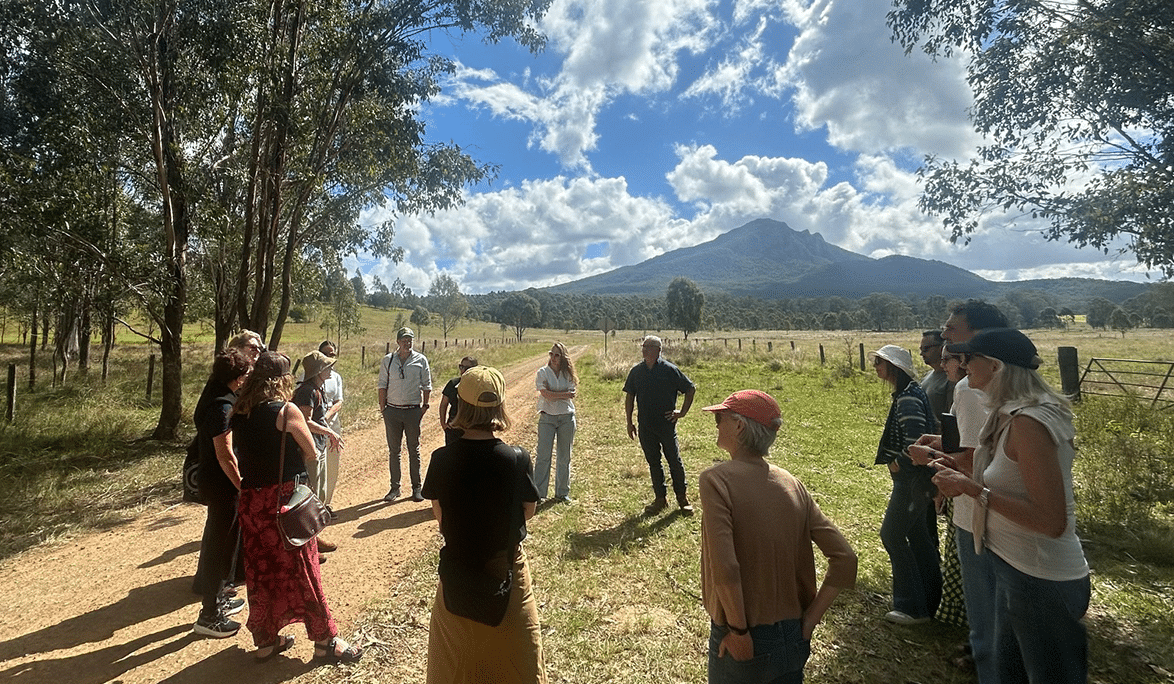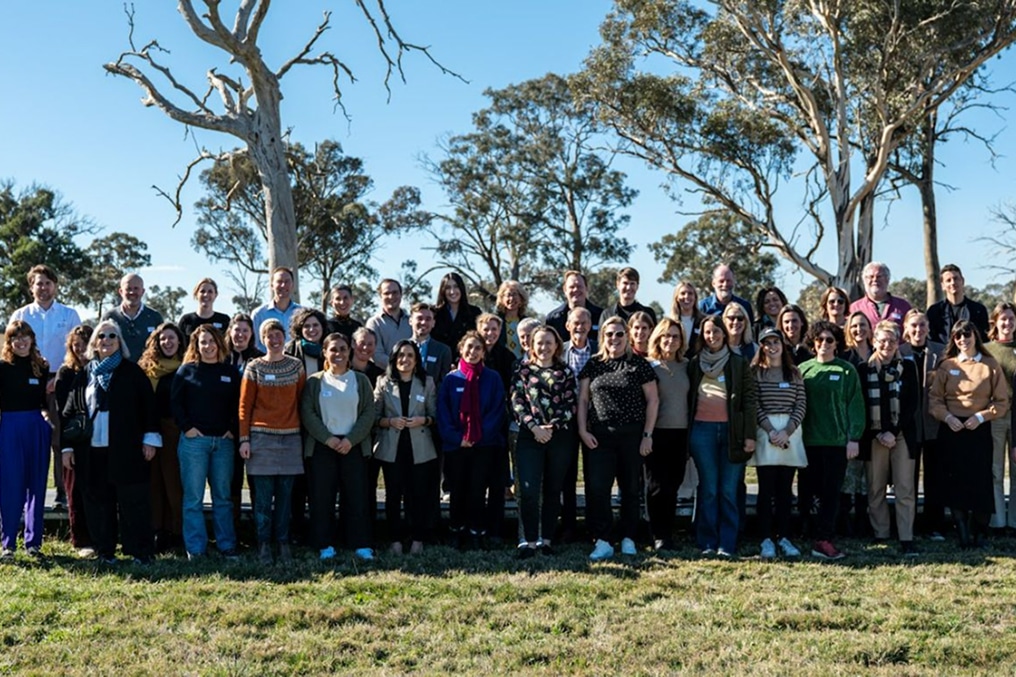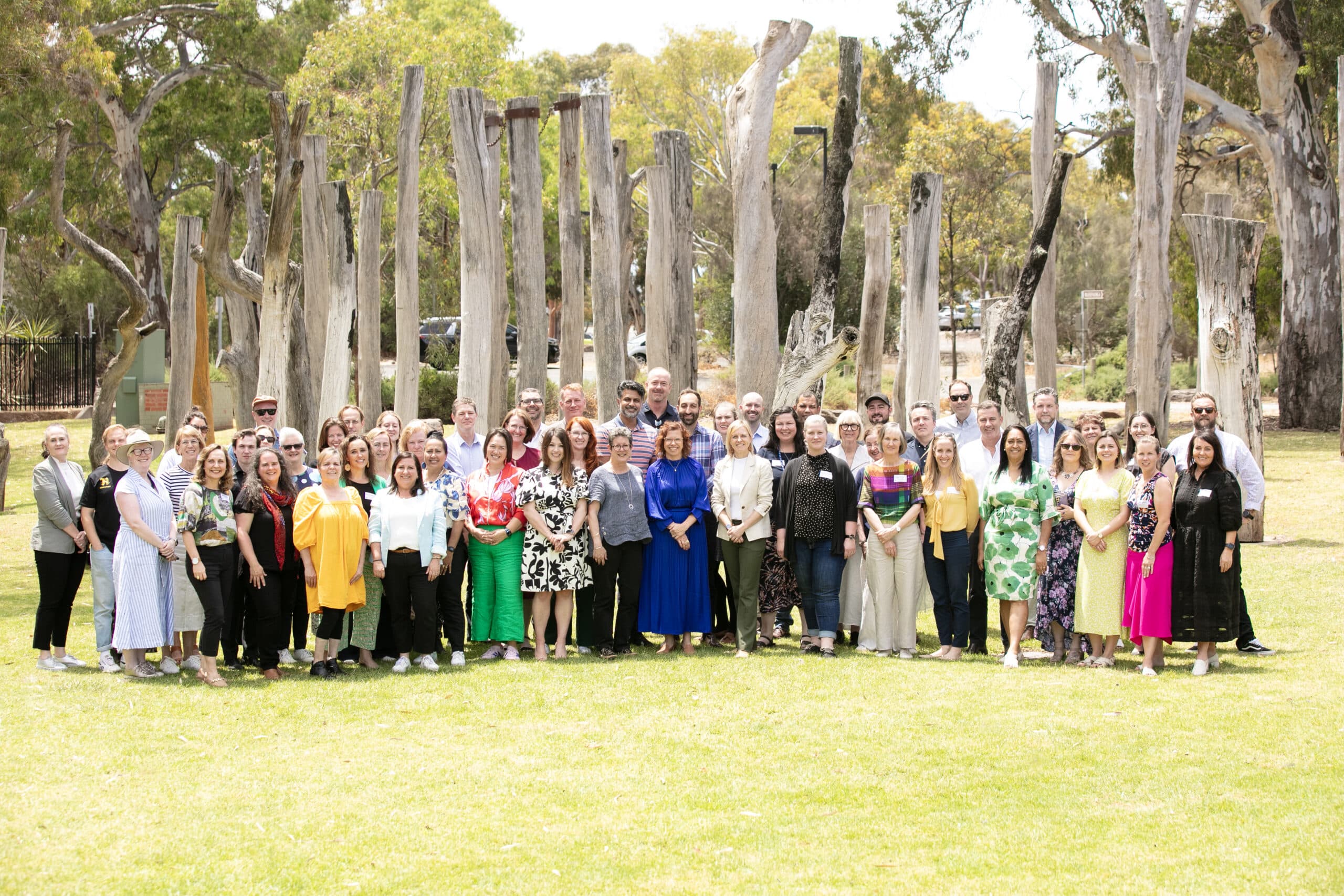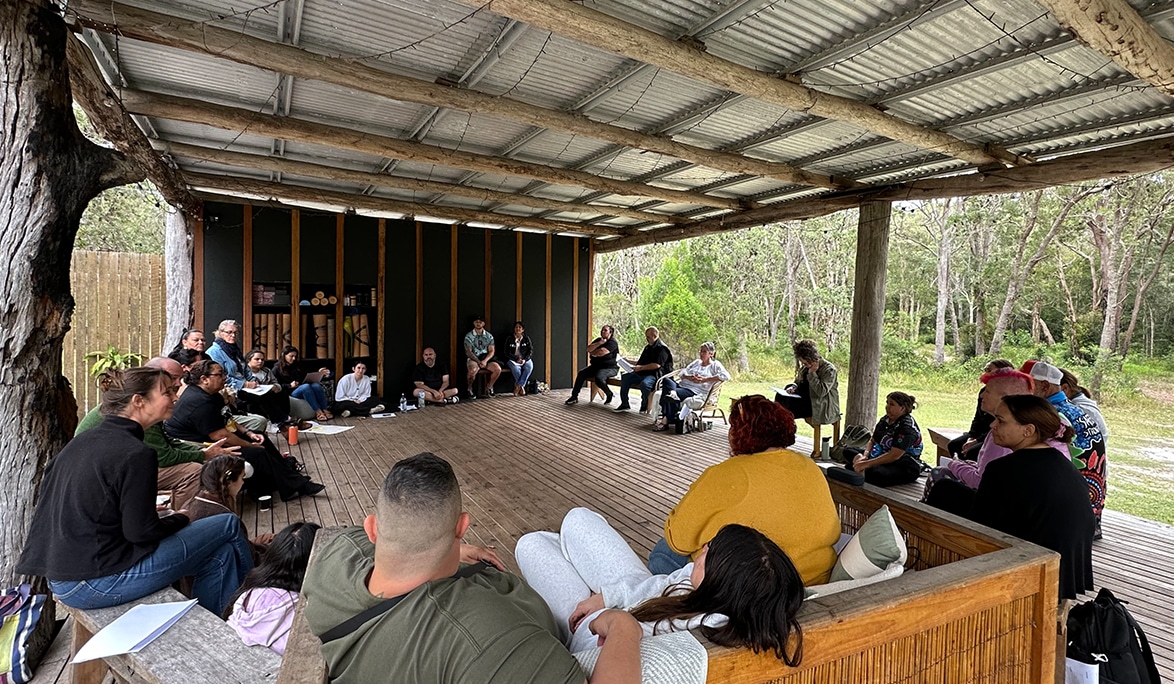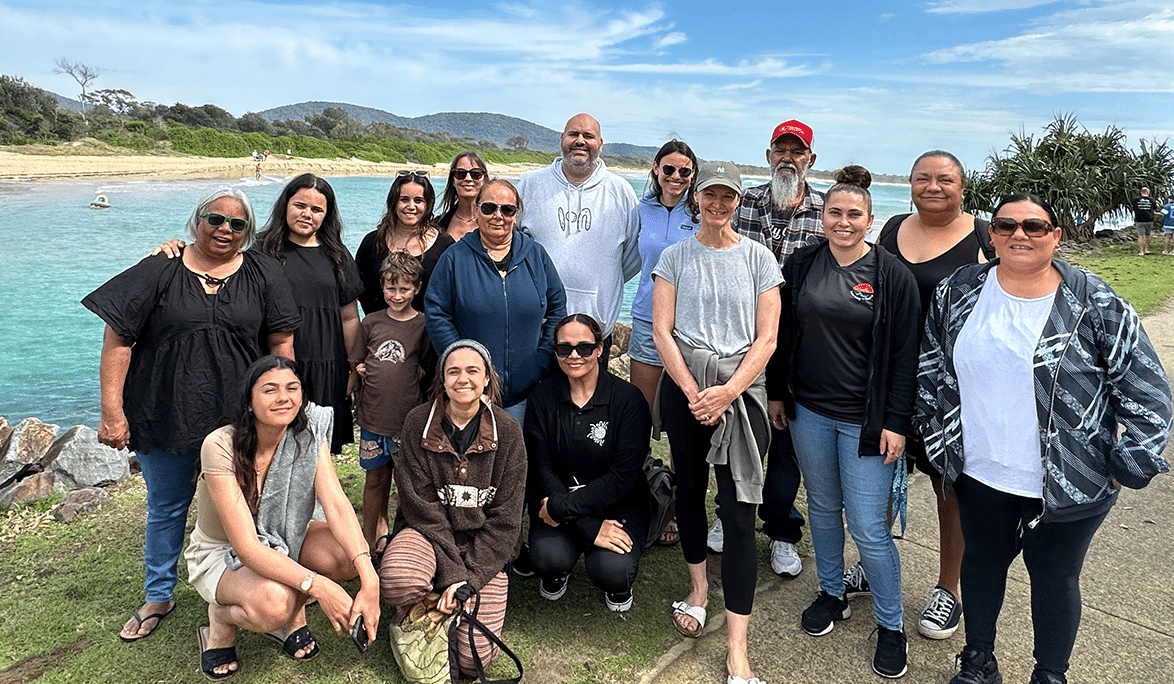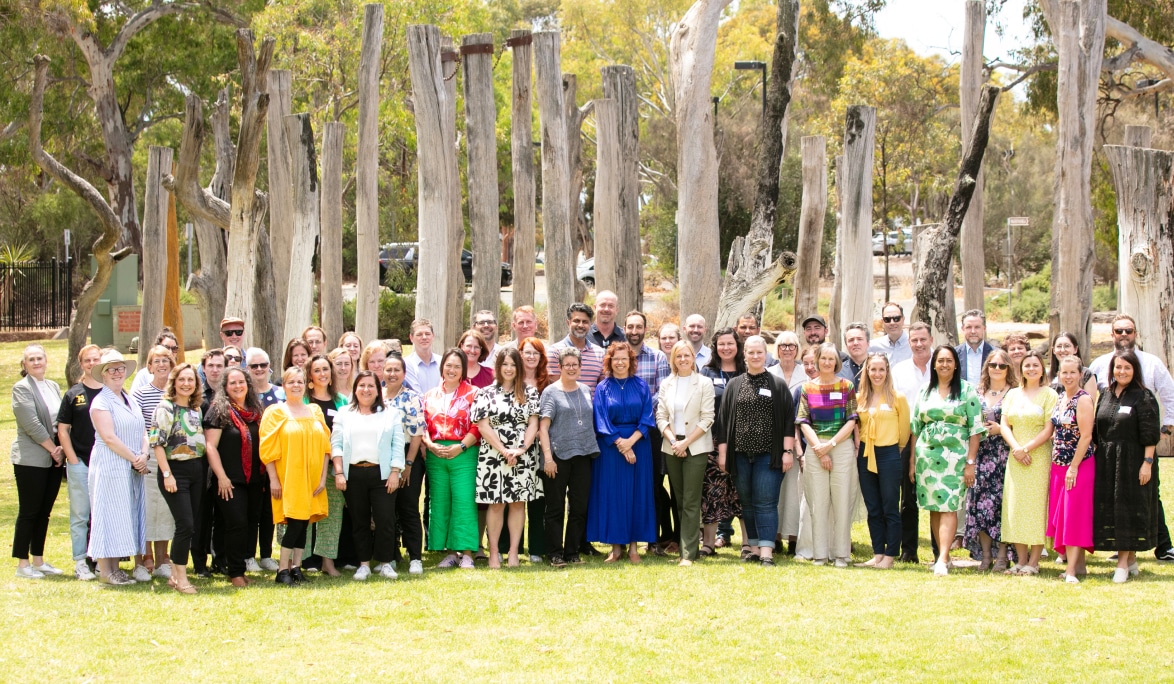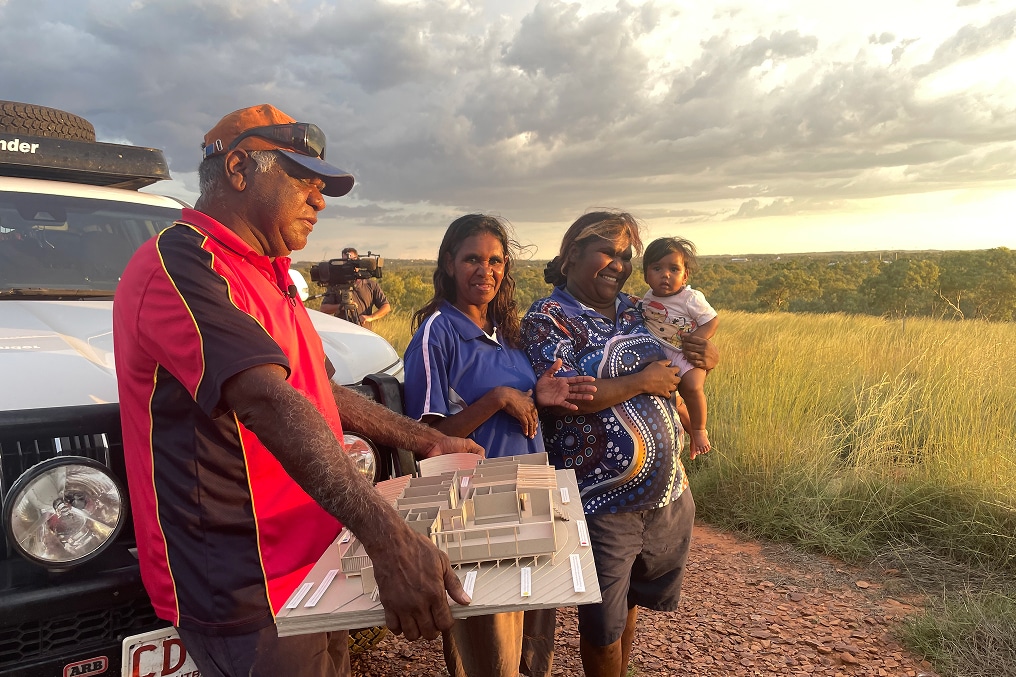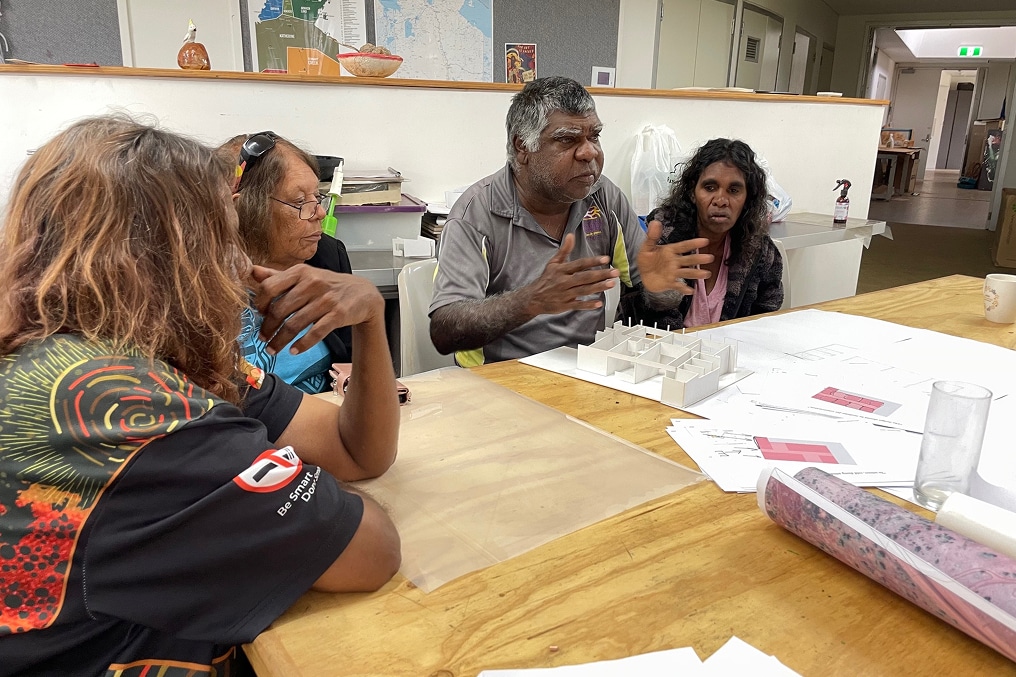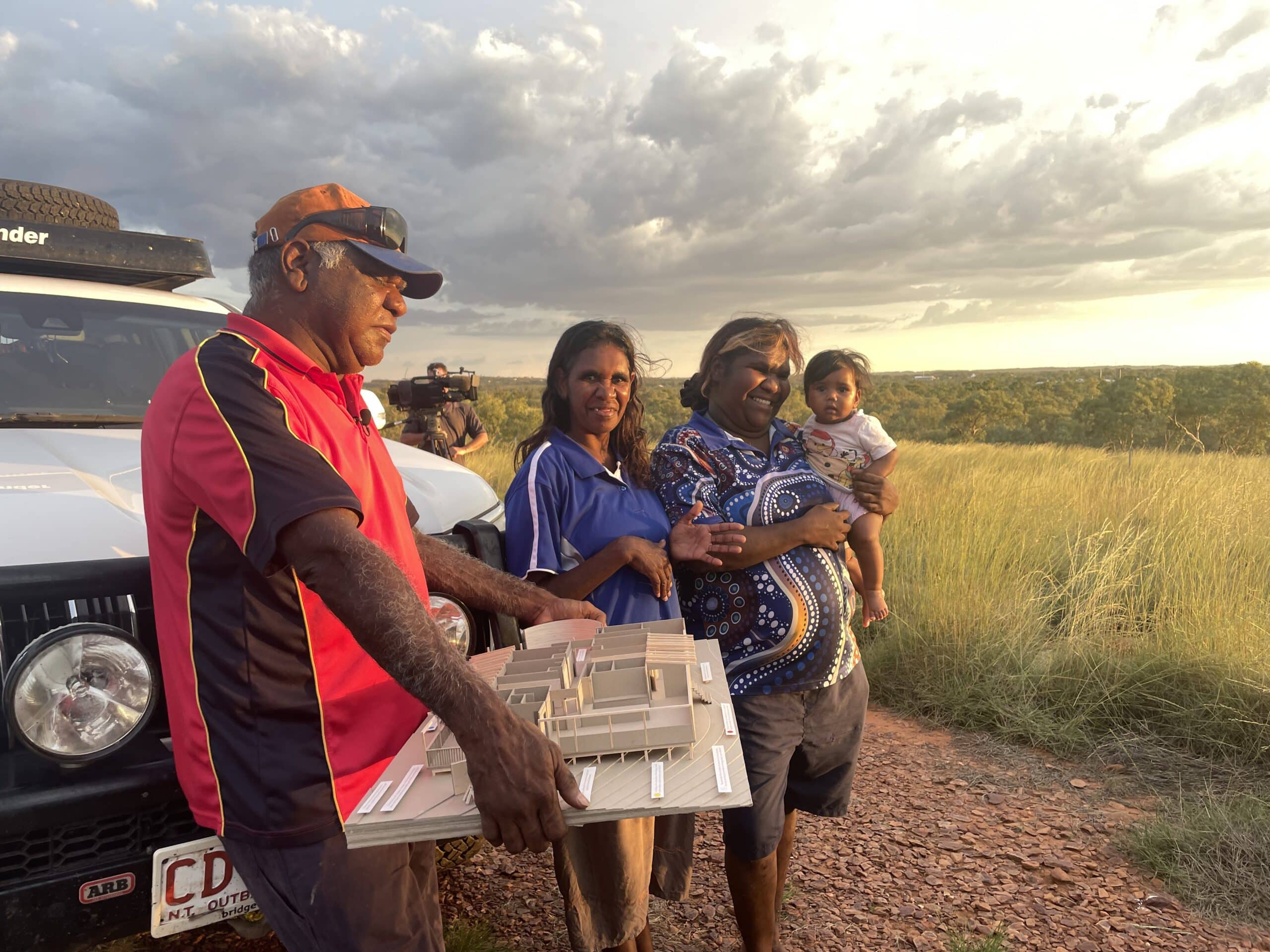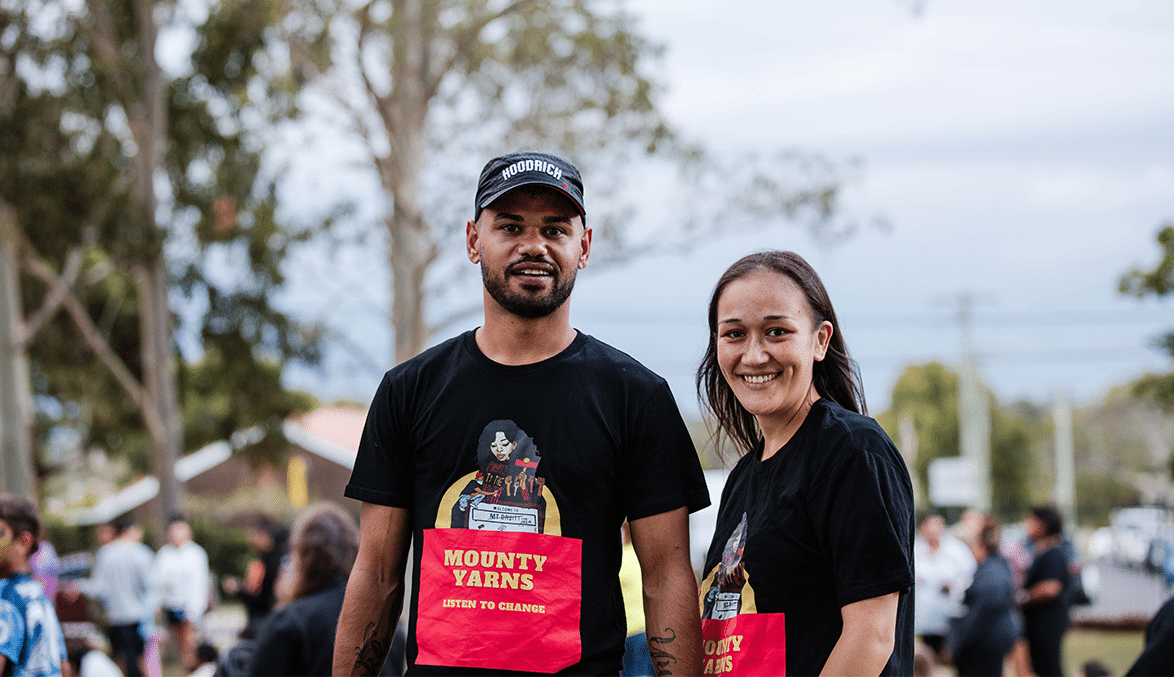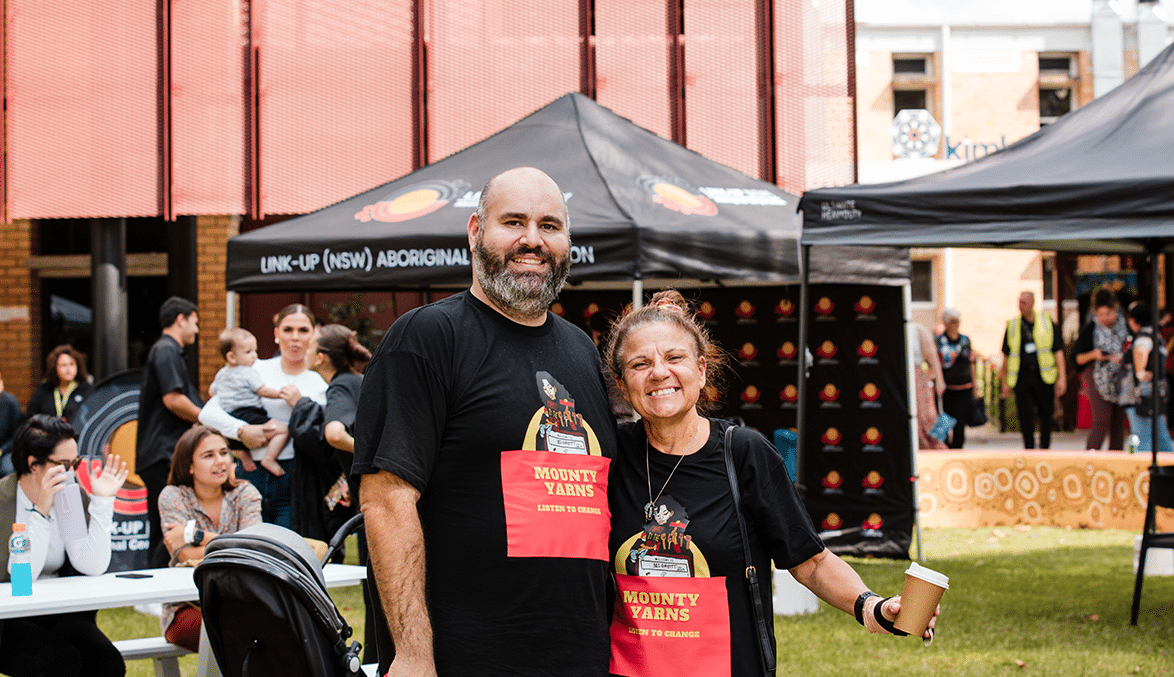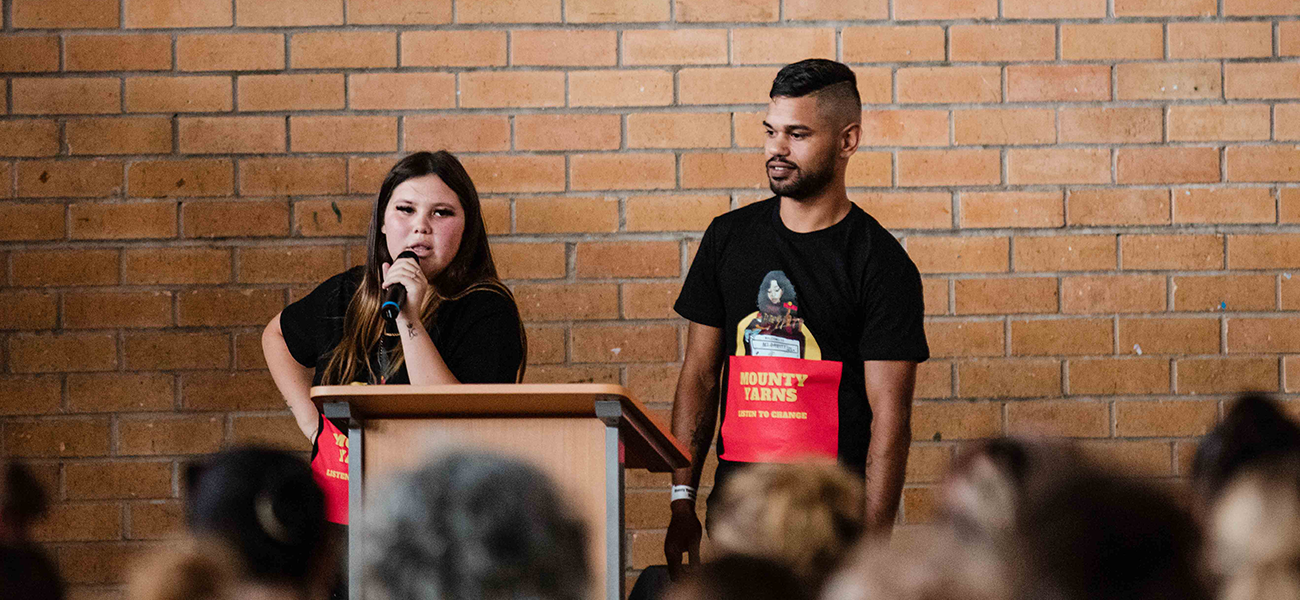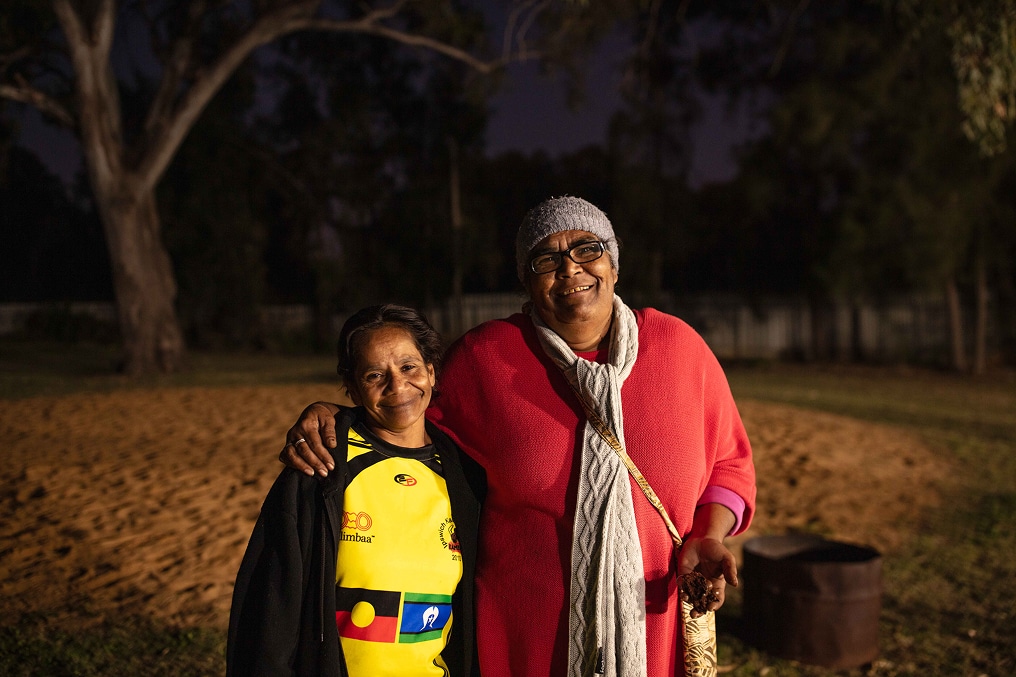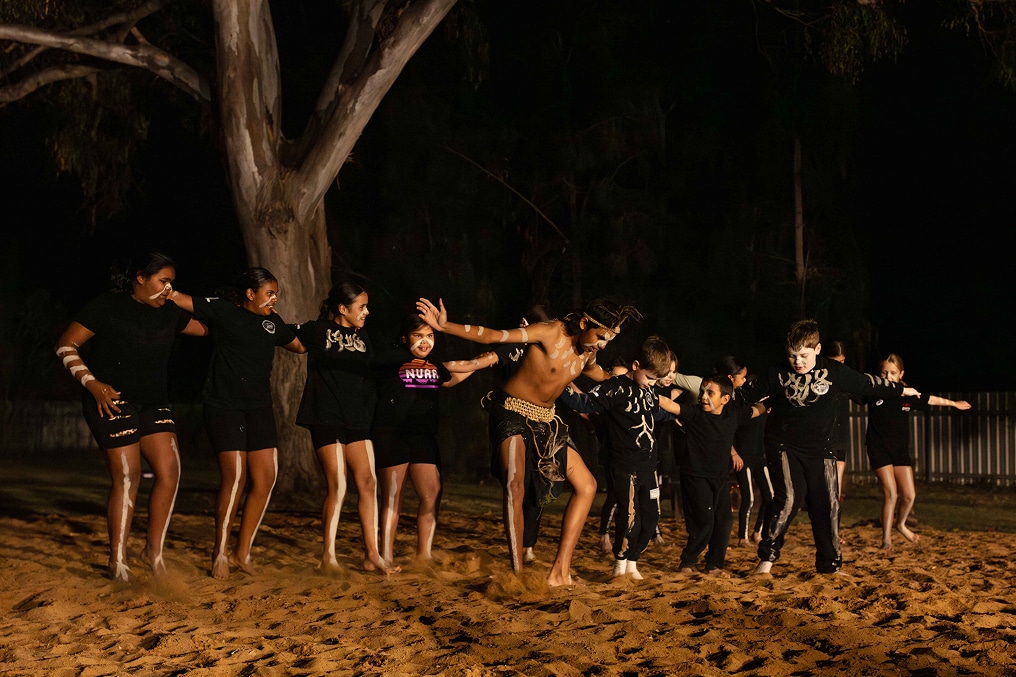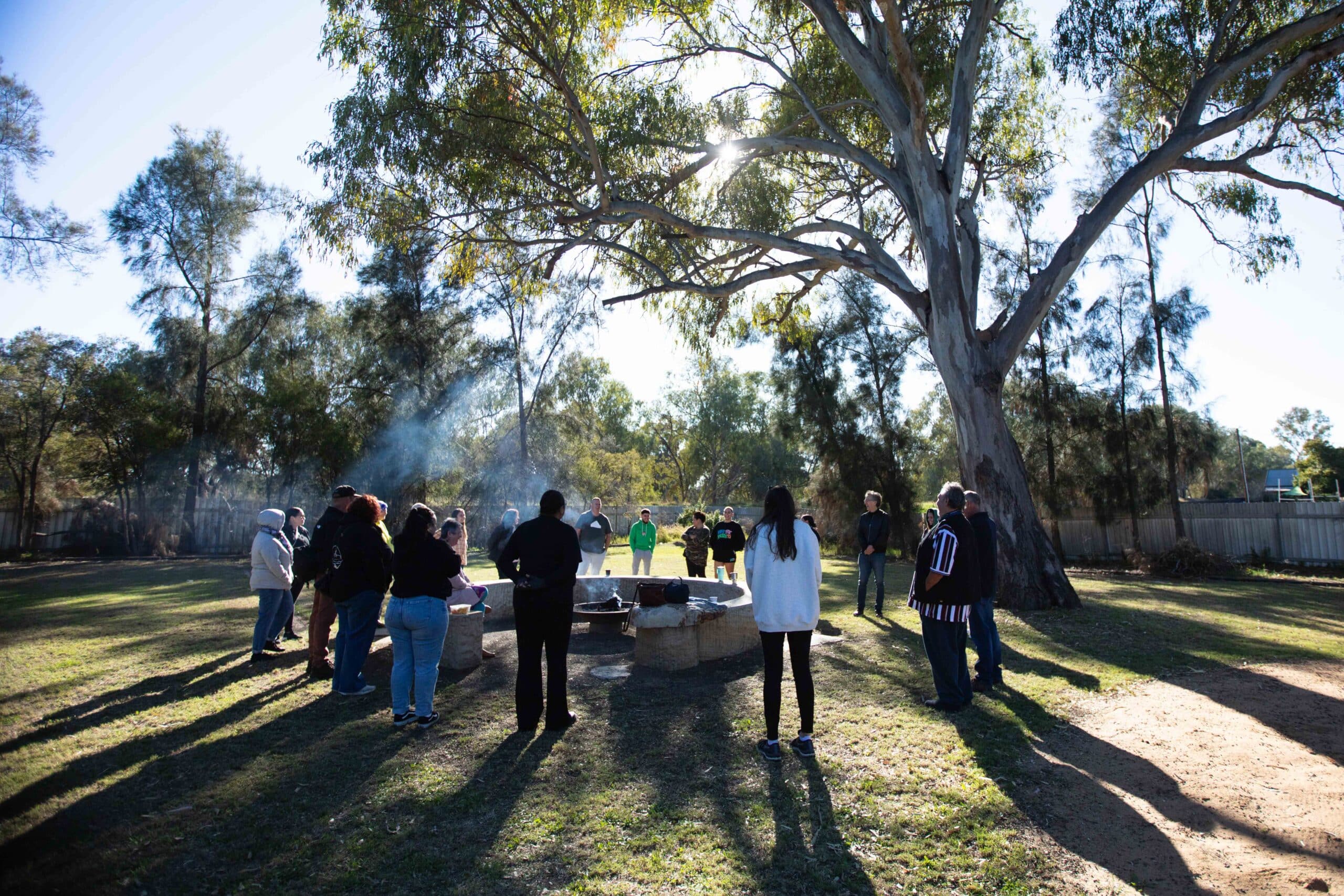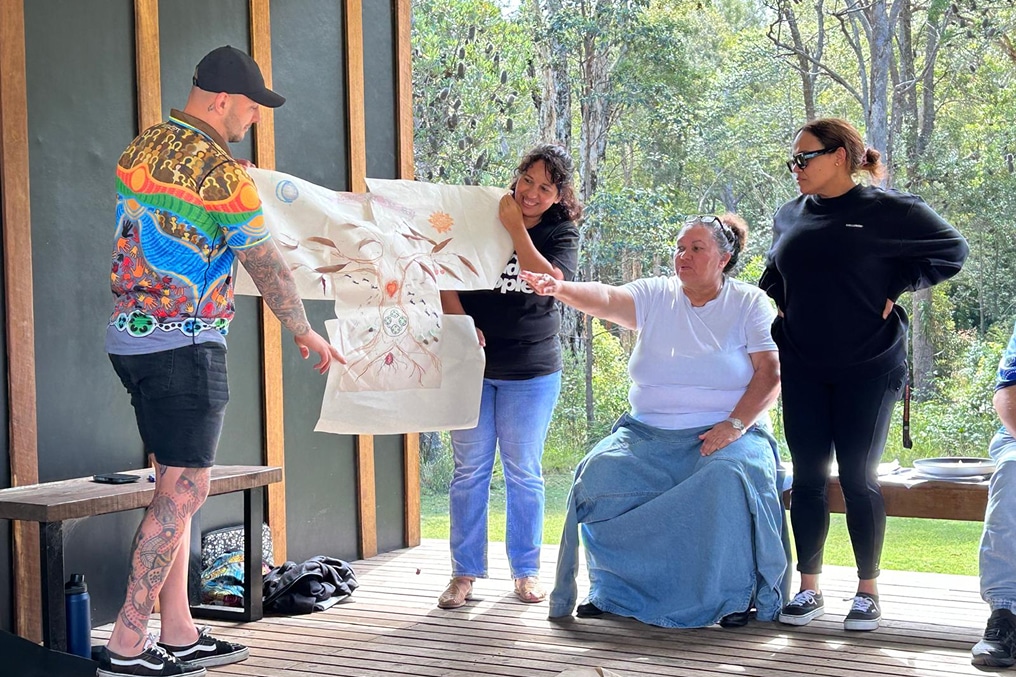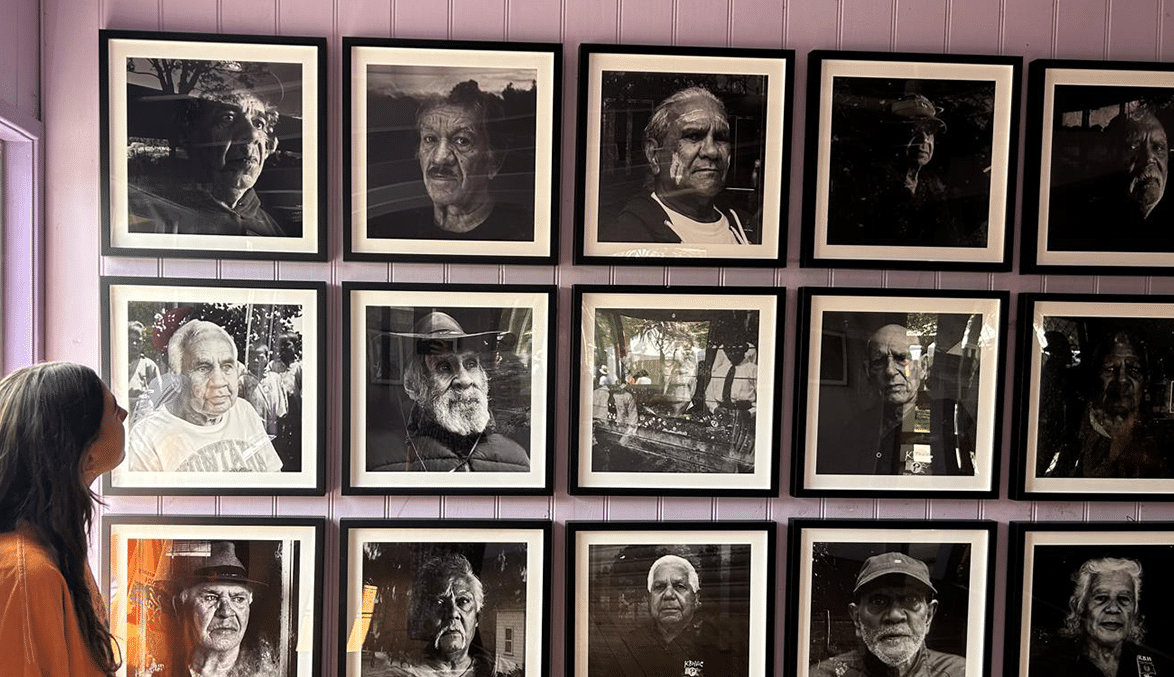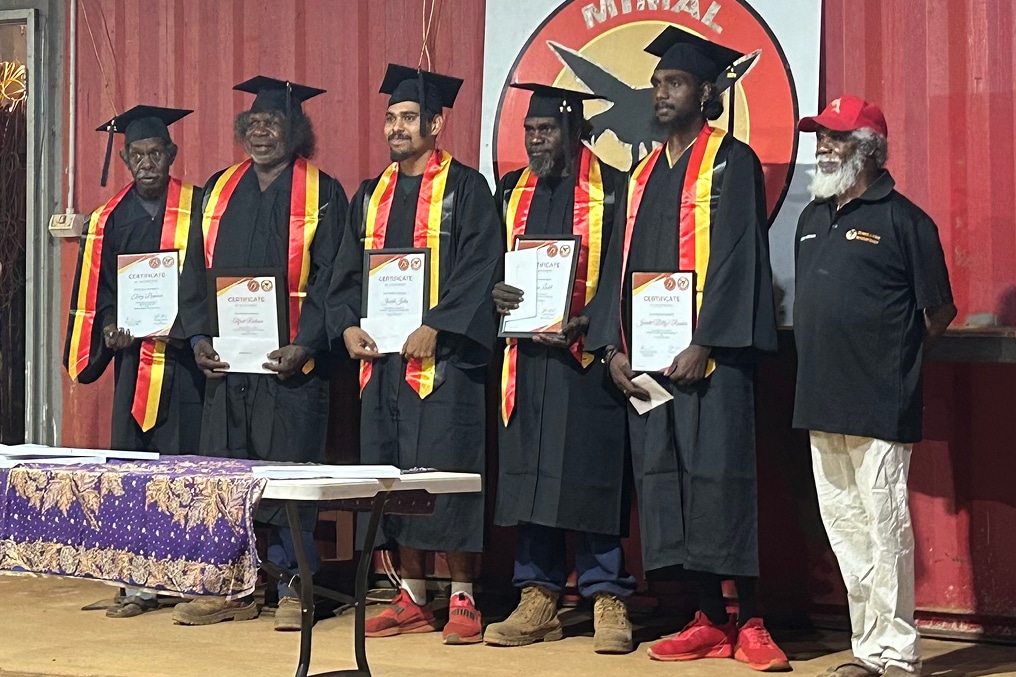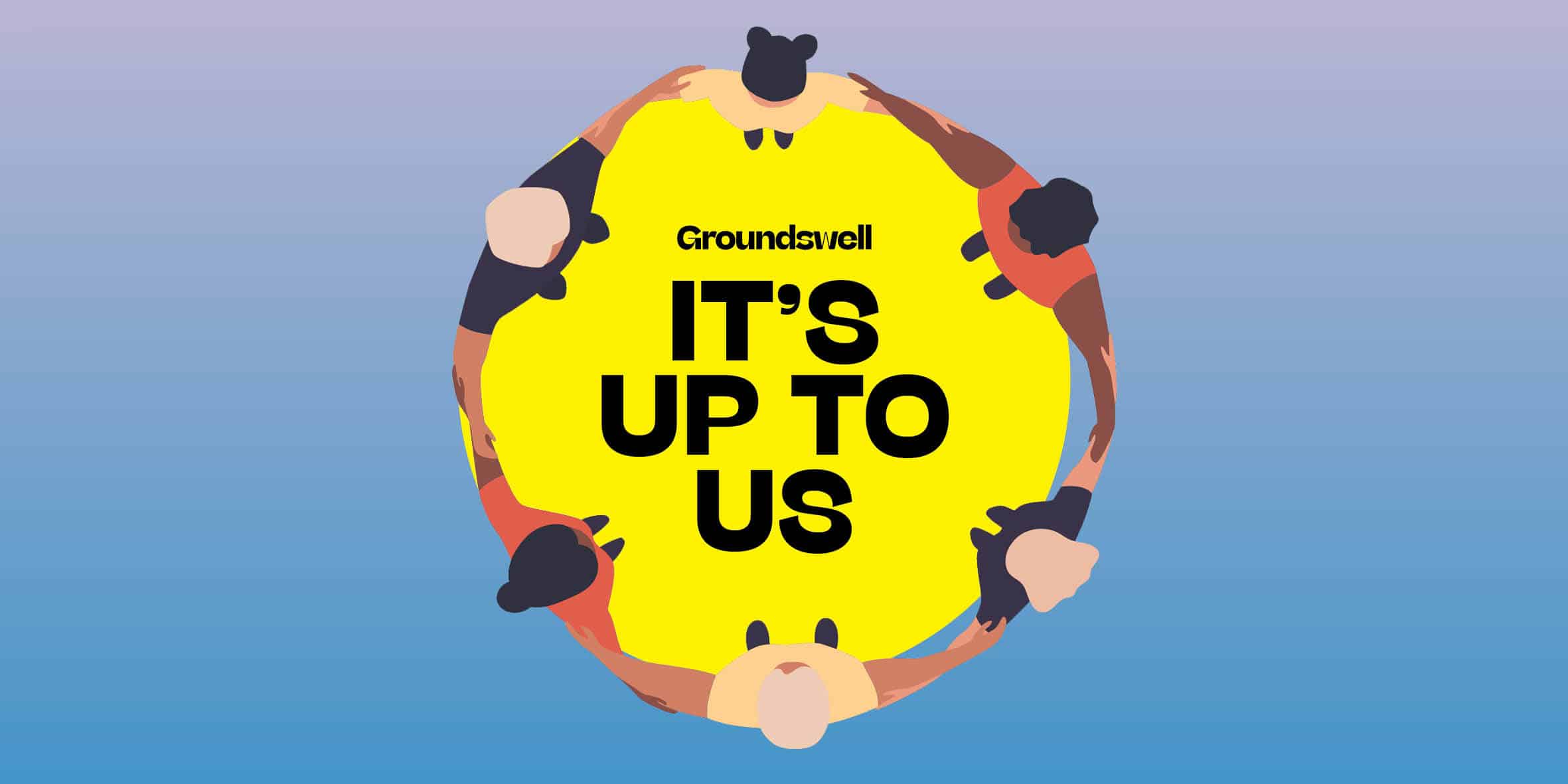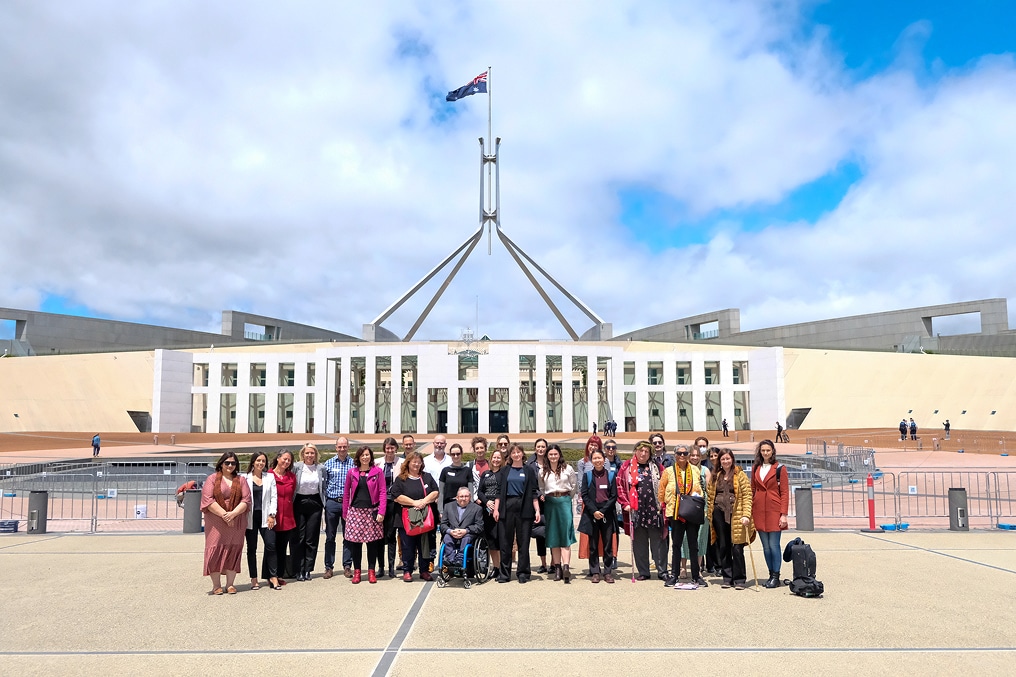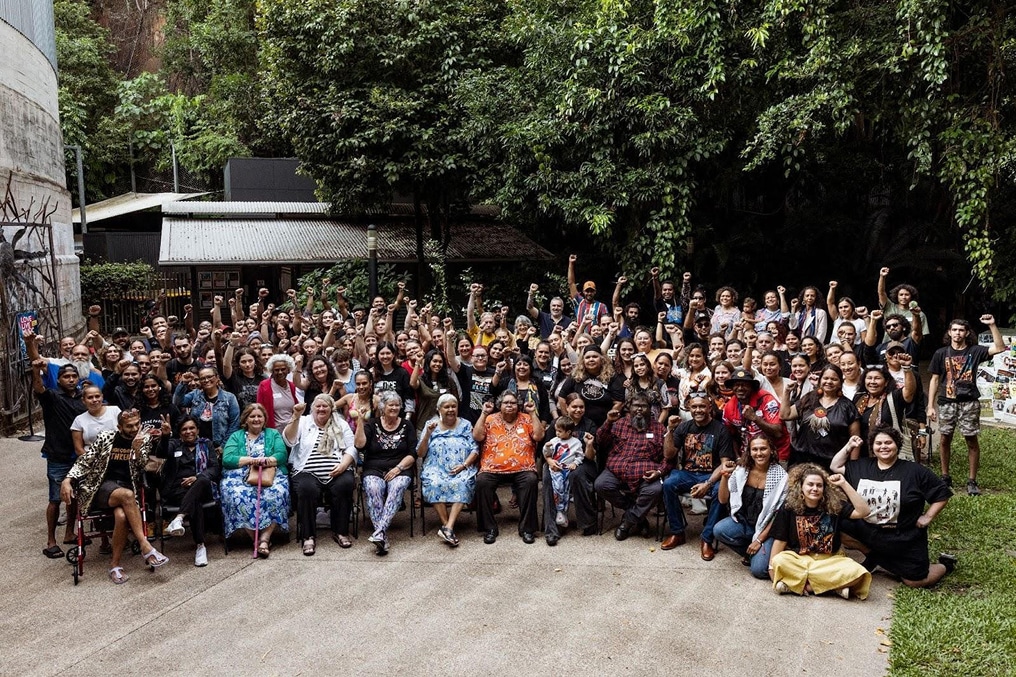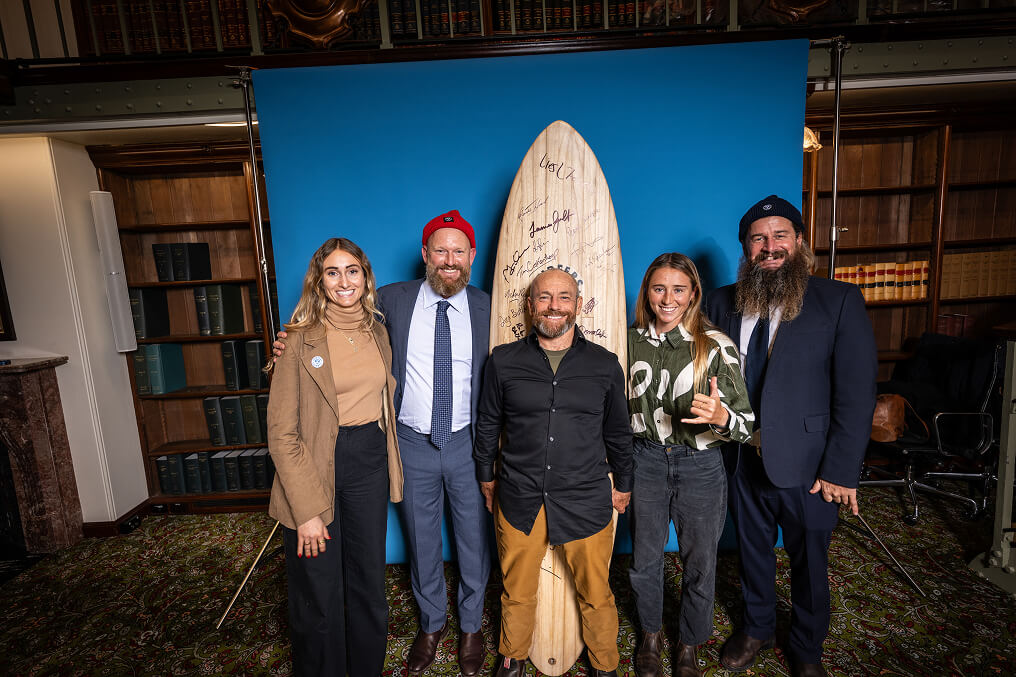Just in Australia we are currently witnessing what appears to be the final days of the manufacturing industry, as Ford led the charge, Holden and Toyota followed.
But it’s not just manufacturing. QANTAS have shifted their maintenance teams offshore, while the banking and telecommunications industries have their customer help desks also offshore. Add to that mix, the technological advancements that see accountants having to compete with E-Tax or web designers having to compete with DIY platforms, overseas designers and platforms such as Freelancer which actively connects businesses with labour continents apart. Everything from data entry, legal advice, web design, even architecture can be out-sourced via the net to someone with equal qualifications and experience but a much lower bottom line.
How are we preparing our students of today for the increasingly freelance world of tomorrow?
Price painted this picture with alarming clarity and called upon those present at the forum to brainstorm what skills and characteristics are our students going to need once they graduate into the freelance world. After 10-15mins of discussion, and with Post It notes in hand, participants started to pepper the walls with various skills students and employees will need, adjectives to describe their characters and behaviours they should exhibit.
The words entrepreneur and its adjective sibling (entrepreneurial) were common amongst most of the groups. The ability for individuals to not only take, but create opportunities for themselves was seen as a core skill for 2014 and beyond. The ability to adapt and react to the ever-shifting landscape and be able to offer unique services that compel people to engage with you. The ability to communicate this effectively to a diverse market place. Clearly to be able to do this, individuals will need to be confident – but not arrogant. A risk taker – but not reckless. And more than ever they’ll need to be resilient. They’ll need to have the ability to pick themselves up time after time, and learn from their experiences so not only bounce back but bounce forward.
Learning from the experiences of those who are thriving in this environment, participants described the need to incorporate non-commissioned time into more school and work environments, opportunities for students and employees to engage with what truly makes them tick. The need to highlight alternative paths to success also resonated with the group, as many of the characteristics that make up an alternative learning program are the very characteristics we criticize mainstream educational setting for lacking.
Why do you think alternative education isn’t seen as a necessity in the mainstream?


